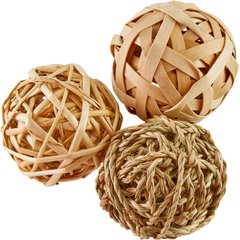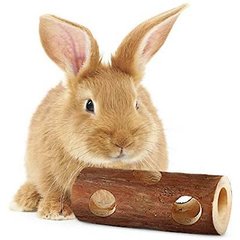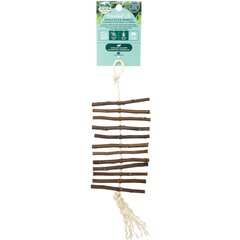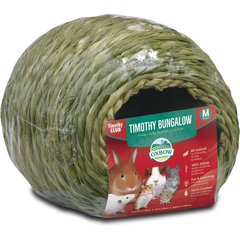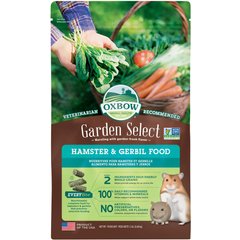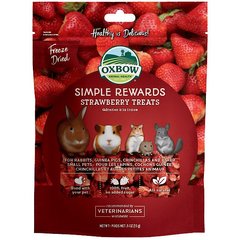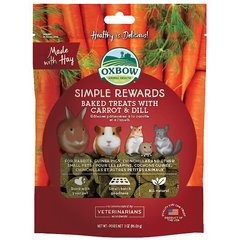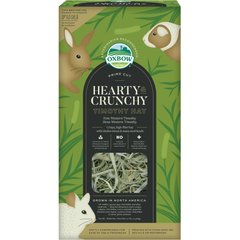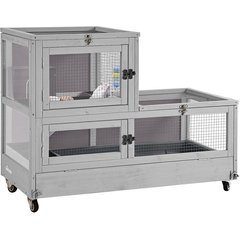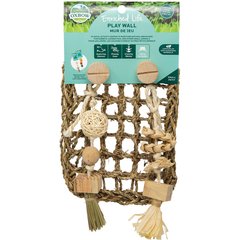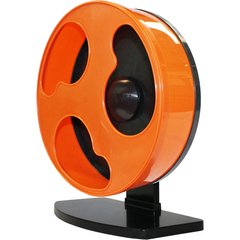How Long Do Gerbils Live?
Devonyu/iStock / Getty Images Plus via Getty Images
Before bringing home these adorable little rodents, it’s important to understand how to properly care for a gerbil to give them a long and happy life.
Let's investigate the average lifespan of a gerbil, what might affect their lifespan, and how a pet parent can prolong the life of their gerbil at home.
What Is the Average Lifespan of a Gerbil?
Gerbils as pets tend to live between two and three years, though it’s known for some to live four to five years (or longer) with proper care.
In the wild, most gerbils tend to live only two or three years because of predation and harsh living environments.
What Affects a Gerbil’s Lifespan?
Not all pet gerbils will live a full lifespan and die of old age. This is due to a variety of factors, such as:
-
Gender. Researchers have noted that female gerbils tend to live longer than males (139 weeks and 110 weeks, respectively).
-
Genetics. Gerbils from a reputable breeder are likely to live longer, healthier lives than those from poorly kept parentage. This also includes being prone to developing common genetic conditions, like obstructive ear disease.
-
Diet. Eating food packed with nutrients specifically for gerbils will help ensure a healthy lifespan.
-
Environment. Living in a poor environment (e.g. too small a habitat, a dirty habitat, no toys) can cause stress, and therefore, shorter lifespans in gerbils.
-
Illness. Common life-threatening conditions in gerbils include cancer and a bacterial infection, Tyzzer’s disease.
In the wild, gerbil colonies are prone to fighting and spreading diseases—along with maternal neglect to pups (baby gerbils)—that lead to much shorter lifespans.
What Is the Life Cycle of a Gerbil?
Pup
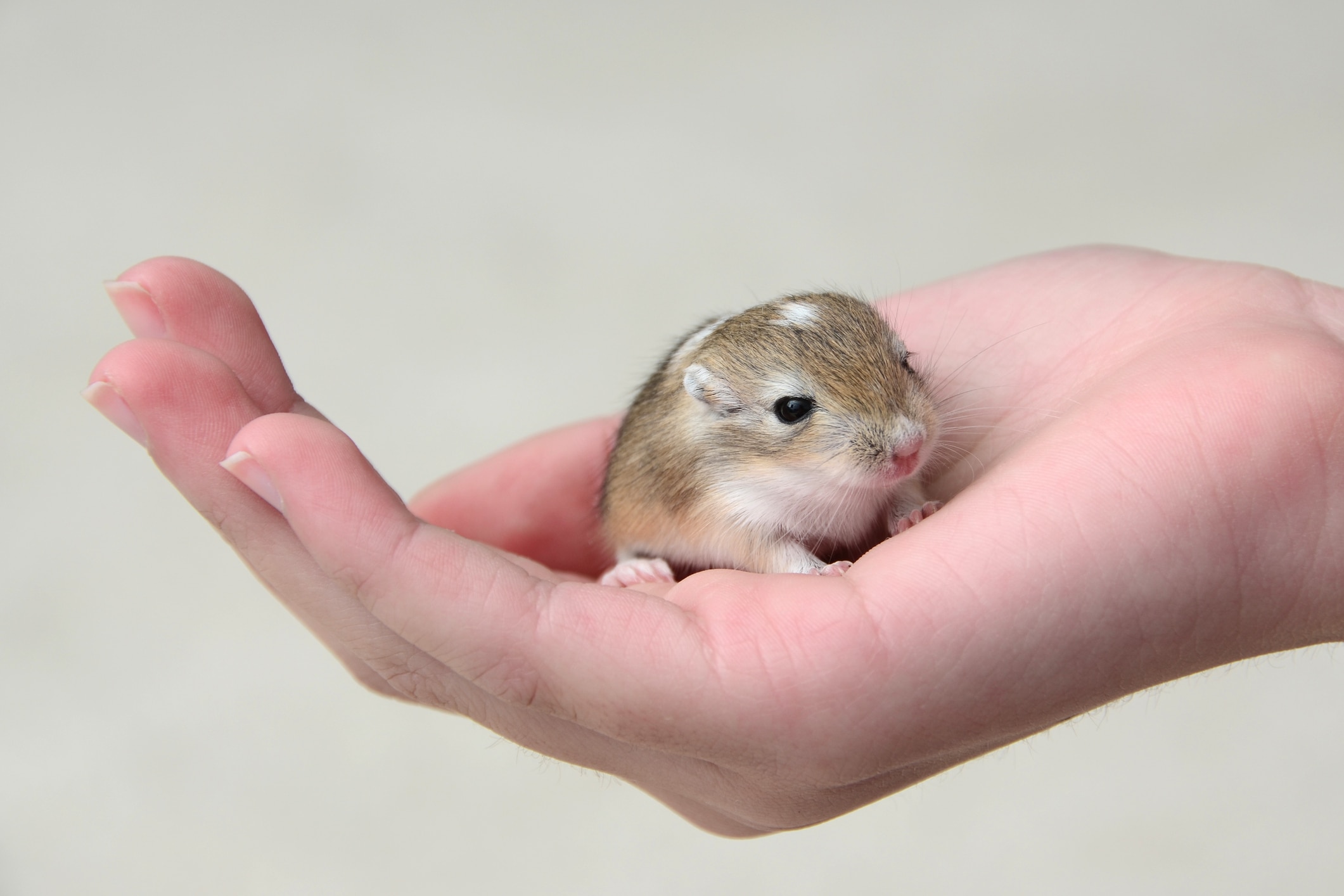
When baby gerbils are born, they’re called pups.
Pups stay in a nest with their mothers for the first few weeks while their eyes and ears open. They begin weaning from their mothers to eat solid foods at around 4 weeks old, and most gerbils are adopted out to families at around 6 to 8 weeks of age.
They’re still considered pups or juveniles until anywhere from 6 months to 1 year of age.
Adult
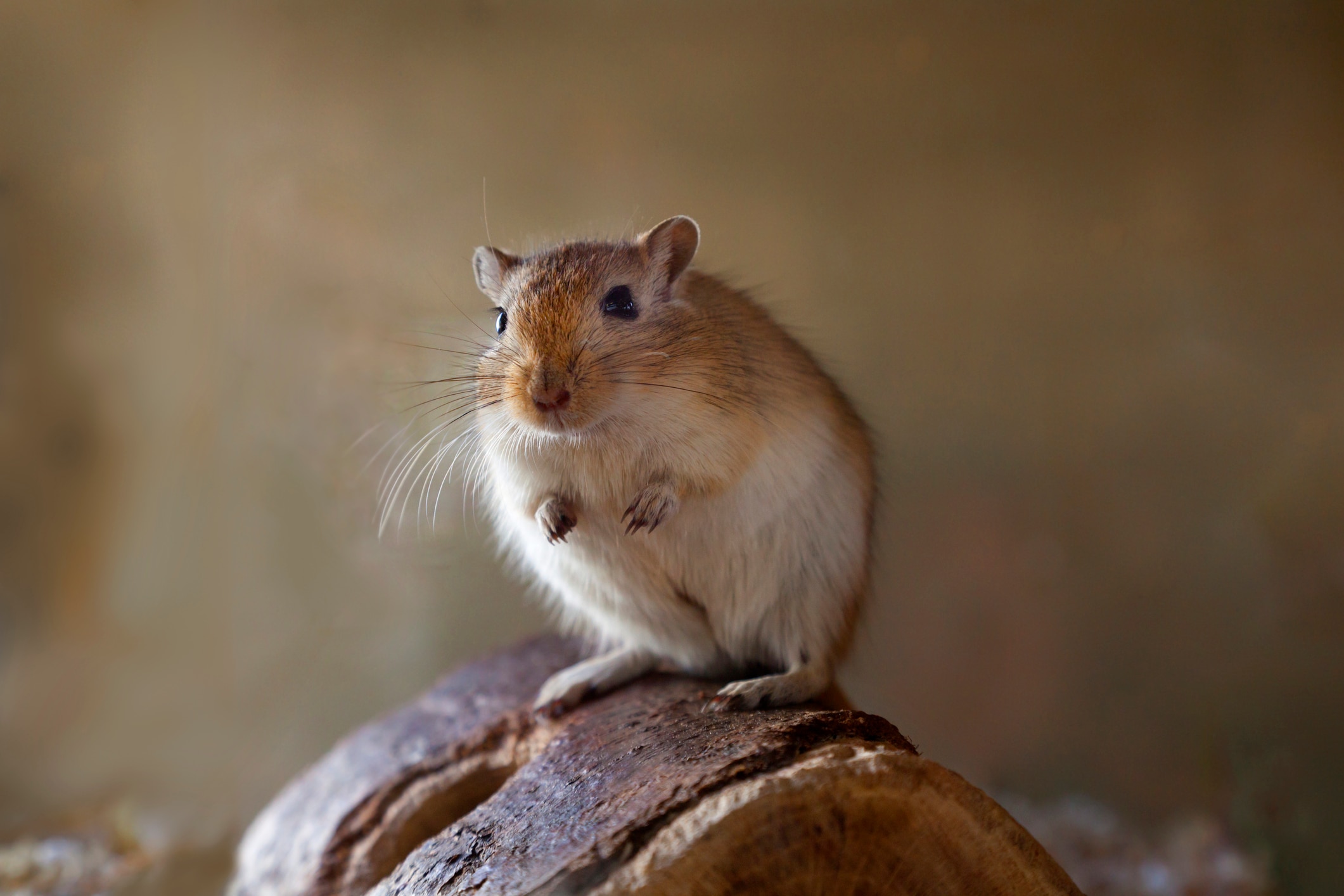
Most gerbils grow until they are a year old, though some can grow throughout their lives or have random growth spurts.
Adults burrow and forage for food on their own by this time. They also bond with other gerbils around them—relationships that last into their older years.
Gerbils usually stay active throughout the main two to three years of their lifespan.
Old Age

Most pet parents won’t notice a major difference in their gerbil’s activity levels as they grow older.
Many gerbils continue to be happy and healthy and will keep eating, running, and playing normally. It can be helpful, though, to remove potential obstacles or tall platforms that may be harder for them to maneuver as they age.
Some recommended toys for older gerbils include:
-
SunGrow® Rabbit & Gerbil Chew Dwarf Hamster Hideout & Play Tunnel Wooden Log, 8-in
-
Oxbow® Enriched Life Apple Stick Dangly Small Animal Chew Toy
A gerbil’s immune system weakens after their second or third year, and it’s easier for them to become ill or develop health conditions.
Recommended Products
You may eventually notice a lack of eating or an overall lethargy, though this usually only lasts for a week or two before they die of old age.
How To Prolong Your Gerbil’s Life
To help prolong your gerbil’s life, it’s important to provide them with the best care you can. This includes a proper diet, socialization, veterinary care, and a clean, enriching environment.
-
Feed a proper diet: Gerbils are omnivores, meaning they need both vegetable sources and animal protein. They should eat a pelleted food or lab block specifically made for gerbils, while fruits, veggies, hay, and other treats can be given in moderation (no more than 10% of their diet).
-
Keep them in pairs: Gerbils are extremely social creatures. It’s best to bring home at least a pair of gerbils, preferably of the same sex, or have them spayed/neutered by a veterinarian to prevent them from reproducing.
Recommended Products
-
Offer enough space: The bigger the enclosure, the better. Gerbils may be small, but they are very active and need plenty of room to run around. A habitat of 20 gallons or larger is suitable for a pair of gerbils.
-
Exercise and enrichment: Gerbils need daily exercise via running, gnawing, and playing. Investing in enrichment items like play walls, hideouts, wood nibblers, and running wheels will keep your gerbil mentally and physically healthy.
-
Do regular health checks: Gerbils are generally low-maintenance. Keep a close eye on your gerbil’s well-being at home, though, to catch any early signs of a problem. If you notice changes in their eating or drinking, activity level, coat health, or overall demeanor, it’s best to have them seen by a veterinarian who is a specialist in exotic animal pets.
Recommended Products
Following these guidelines and your veterinarian’s recommendations are the best ways that you can help care for and prolong the lifespan of your gerbil.
If you are unsure if you are providing proper care for your gerbil, your veterinarian is a great resource as well.

